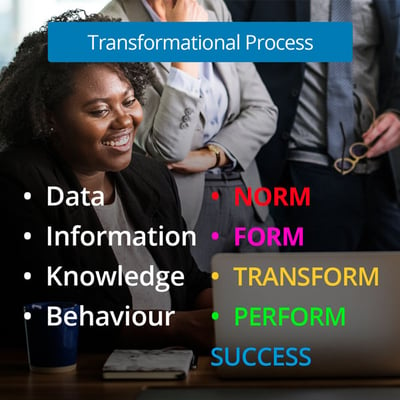
Sometimes special librarians struggle to define the right level of value-added service to deliver. I’ve been thinking about this a lot lately and considering what are the most important frameworks and ways to add value.
We’ve all discovered the basic tools:
- Post-It™ notes
- Highlighters
- Post-It™ tabs and arrows
- Library logo branded cover sheets, folders, Post-Its™, and memos
- Business cards
- Summarization tools
- Bibliographies and webliographies
- Current awareness site and tools
- classic Classic rubber stamps
- Coloured pens and markers
- Fancy alligator clips, coloured paper clips, etc.
In many ways the above tools—sometimes used digitally—describe our desktops. Sure, these are nice ways to highlight the things – articles, links, whatever – that we want to draw the client’s attention towards. However, I speculate that aligning the results of our research with the various ways our clients need to ‘process’ the information is vital to reducing time spent between receiving information and developing insight and making decisions.

As special librarians, we connect clients to information and data. Our struggle is influencing the overall process of knowledge creation and the best behaviours for successful decision-making. We can address some of these transformational activities with training, consultation, and more classroom and interpersonal research and team work. The value-added I’m focusing on in this blog post series is in the formation of our work products so they align more closely with the ways in which our clients are thinking, behaving, and using information and data.
In my forthcoming posts, I’ll outline ways to review decision-making processes and then discuss how these fit into value-added work, intranet, and service development. Value-added perspectives and frameworks also play a huge role in teamwork, planning and embedded librarianship.
We’ll discuss:
- Six Thinking Hats
- Six Action Shoes
- SWOT
- Fish Bone Force Field Analysis
- Diverge / Converge
- Post-its
- Dot-ocracy Dot-Storming
- Mind Maps
- BCG Matrix
So, we’re off on a journey to discover together the ways we might align our work product—reports, research portfolios, current awareness tools—with user behaviours.
My goal (and hope) is to offer a toolbox full of ways to view the decision-making world and assist you with applying these skills to developing value-added product and service development.
-Stephen
Stephen Abram is a popular Lucidea Webinars presenter and consultant. He is the past president of SLA, and the Canadian and Ontario Library Associations. He is the CEO of Lighthouse Consulting and the executive director of the Federation of Ontario Public Libraries. He also blogs personally at Stephen’s Lighthouse. Check out his new book from Lucidea Press, Succeeding in the world of Special Librarianship!


